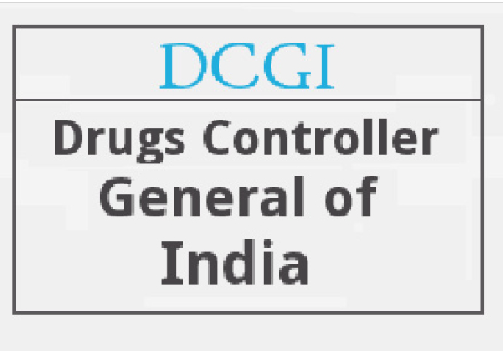Drug Controller General of India
The Drug Controller General of India (DCGI) is the head of the Central Drugs Standard Control Organisation (CDSCO), a national regulatory body for Indian pharmaceuticals and medical devices. The DCGI is responsible for ensuring the safety, efficacy, and quality of drugs, cosmetics, and medical devices in India. The current DCGI is Dr. V. G. Somani, who was appointed to the position in August 2019.
History
The CDSCO was established under the Drugs and Cosmetics Act, 1940, which was enacted by the Parliament to regulate the import, manufacture, distribution, and sale of drugs and cosmetics in India. In 1988, the DCGI post was created to oversee the functioning of the CDSCO and ensure compliance with the Drugs and Cosmetics Act and Rules.
Responsibilities
The primary responsibilities of the DCGI include:
- Approval of new drugs and clinical trials: The DCGI is responsible for granting approval for new drugs, vaccines, and medical devices in India, as well as for authorizing clinical trials.
- Licensing of drug manufacturing facilities: The DCGI issues licenses to drug manufacturing facilities and ensures that they comply with Good Manufacturing Practices (GMP).
- Quality control and drug testing: The CDSCO, under the DCGI’s leadership, conducts regular inspections and quality control tests to ensure that drugs and medical devices meet the required standards.
- Pharmacovigilance: The DCGI oversees the Pharmacovigilance Programme of India (PvPI), which monitors and ensures the safety of drugs and vaccines post-marketing.
- Collaboration with international regulatory agencies: The DCGI works closely with international regulatory bodies such as the US Food and Drug Administration (FDA), the European Medicines Agency (EMA), and the World Health Organization (WHO) to harmonize drug regulations and ensure the quality of imported and exported pharmaceuticals.
Notable Achievements
Under the leadership of various DCGIs, the CDSCO has achieved several milestones in drug regulation and public health:
- Streamlining of drug approval process: The CDSCO has implemented measures to expedite the drug approval process, such as the introduction of a fast-track approval mechanism for new drugs and vaccines of public health importance.
- Strengthening of clinical trial regulations: In 2013, the DCGI issued new guidelines for clinical trials in India, which included provisions for greater transparency, improved patient safety, and better compensation for trial participants.
- Tackling spurious and substandard drugs: The CDSCO has launched several initiatives to combat the menace of spurious and substandard drugs in India, such as the introduction of a track-and-trace system for pharmaceuticals and the establishment of a national drug testing laboratory network.
- COVID-19 response: During the COVID-19 pandemic, the DCGI played a crucial role in expediting the approval of vaccines, drugs, and medical devices for the prevention and treatment of the disease. The DCGI granted emergency use authorization to multiple COVID-19 vaccines, including Covishield (AstraZeneca/Oxford) and Covaxin (Bharat Biotech), which have been instrumental in India’s vaccination drive.
The Drug Controller General of India plays a vital role in ensuring the safety, efficacy, and quality of drugs, cosmetics, and medical devices in India. Through its various initiatives and collaborations with international regulatory agencies, the CDSCO, under the DCGI’s leadership, has made significant strides in strengthening India’s drug regulatory framework and promoting public health.


